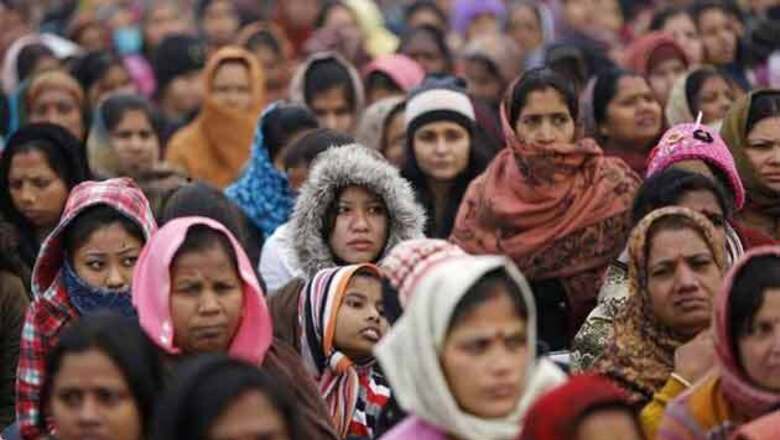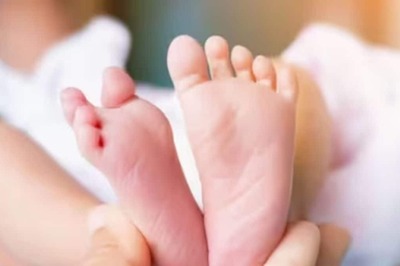
views
Mumbai: Maharashtra government on Tuesday set up an 11-member committee headed by Women and Child Welfare Minister Varsha Gaikwad to finalise the women's policy draft which was unveiled on March 8, 2013, celebrated as International Women's Day. The two-month period for seeking objections and suggestions for the draft policy ends tomorrow. The committee will meet on May 10, 2013 to discuss the inputs received and give a final shape to the proposed policy, officials said in Mumbai on Tuesday.
Prominent among the suggestions, recommendations and objections have been received from social activists Swati Kamble and Sagar Zende. Officials said the duo has been asked to make their presentations. The two activists have said that there was scope for improvement in the draft policy to make it more inclusive in terms of Dalits, scheduled caste and scheduled tribes, nomadic and de-notified tribe women. They said the draft policy ignores issues of diversity, historical injustice on oppressed social groups.
According to them, even though the draft recognises and includes special categories such as women in unorganised sector, disabled and mentally-challenged women and single women, sexually abused women, eunuchs and transgendered, issues and concerns of Dalit women are raised in a very brief and insufficient manner, so much so that the draft appears caste blind and exclusionary. The activists said sex trade should be completely abolished from the state as well as the country. According to them, it is a violation of human right of girls and women involved in the sex trade. They should be rehabilitated and dignified livelihood must be ensured to them. They asked the government to take the responsibility to abolish the sex trade.
Another recommendation from them was that people who still invite devdasis to dance and perform during family and religious functions, should be charged with criminal offence. Devdasis who are rehabilitated, rescued must be treated in a dignified manner by police and the state machinery.
One of the highlights of the draft policy is its recommendation of gender budgeting, which it said was essential so that the principles of gender equality and eradication of gender-based discrimination are reflected in the plans of all the departments of the state. Every department of the government will define programmes, draft policies, make schemes and make funds available for the schemes, implement and evaluate them, in order to improve women's social status and establish equality in political, social, economic and cultured spheres, the draft policy said.
The responsibility of following up the gender budget and its implementation should be given to the State Women Commission or an equivalent institute. Ten per cent of the total funds collected as taxes and received from the State and Central Government should be allotted for gender budgeting. The above fund should be used only for women-centric works. All the departments of the government will refer to the Women Policy while making their budgets. The utilisation of the 10 per cent funds and the works will be evaluated every year.
The government will annually audit the gender budget and will submit the report to the cabinet. This will be the state's third women's policy. The draft said that since the 1994 and 2001 policies, the state has seen women's progress in the field of education and improvement in their health. Women's right to property, public awareness about laws related to them have been noted, other than 30 per cent reservation in government and semi-government jobs, 33 per cent reservation in politics of local self government bodies and recently introduced policy of 50 per cent reservation in local self-government bodies to encourage their participation in politics.

















Comments
0 comment